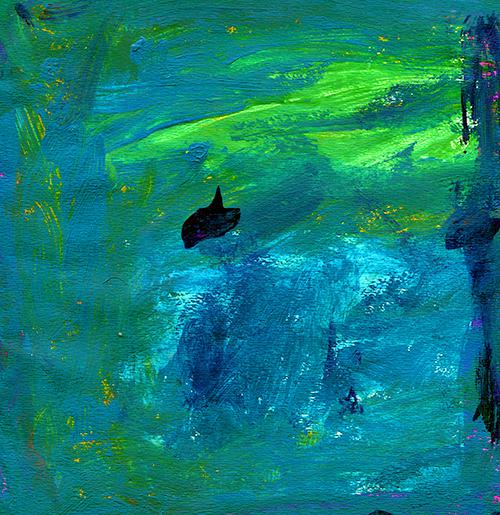Timothy Shriver,
Fully Alive: Discovering What Matters Most
(New York: Sarah Crichton Books/ Farrar, Straus and Giroux, 2014).
Special Olympics Chair Timothy Shriver's new book Fully Alive: Discovering What Matters Most is part memoir, part history and part wisdom literature. Tim is the son of Sargent Shriver and Eunice Kennedy, the sister of JFK and the originating charismatic figure behind the Special Olympics movement. He is an educator, social activist, film producer, and entrepreneur and is a leader in the field of social and emotional learning. The book is a reflection on his life-long experience of people with disabilities and what we all stand to learn from these special people.
Shriver says he learned very early on that power and celebrity were not enough to satisfy, and his own “hunger to find out how to fit into the world” would eventually lead him home, to his own “backyard.”
From the outset, he makes the surprising claim that the person with the most influence in his high power, high profile family was his aunt Rosemary Kennedy who, according to the medical vernacular of the day, was "mentally retarded." Indeed, the first part of the book is a painful reminder of the degrading way people with disabilities were treated throughout history. It chronicles the ghastly policies of the 20th century, including the eugenics craze in America that informed the Nazi sterilization program and led families to be ashamed of their “in-valid” offspring. The Kennedys, like most families, were distraught at the news that “nothing could be done” for their daughter save institutionalization. Joseph and Rose Kennedy, Tim’s grandparents, sought to resist that advice, and urged their children: “remember, Rosemary is your sister and you always look out for your sister. Never leave her out!” And, like many families, they did everything in their power to find a cure, eventually attempting a lobotomy which left Rosemary’s cognitive capability seriously compromised. Joseph Kennedy Sr. was so devastated by the ordeal that he sent his daughter away to a Catholic institution in Wisconsin where he reportedly never saw her again. “The code of secrecy kicked in and Rosemary disappeared without a word from anyone,” not even her siblings knew where she was until much later. These events had a profound effect on Rosemary’s sister (and Tim’s mother), Eunice, who devoted her life’s work to bettering the understanding and treatment of people with intellectual disabilities. With the election of President Kennedy, he and his siblings saw their chance to let Rosemary’s influence finally break through on the world stage. Today, the Special Olympics movement includes upwards of four million athletes in 170 countries, changing the hearts and minds of countless millions more throughout the world.
The book takes us on a very personal and fascinating journey to the discovery of what matters most in life. Shriver says he learned very early on that power and celebrity were not enough to satisfy, and his own “hunger to find out how to fit into the world” would eventually lead him home, to his own “backyard.” Tim’s own involvement with special needs children began while he himself was just a child at Camp Shriver, a summer camp his mother started in their country home in Maryland to find out “what they could do, not what they could not do.” In Tim’s quest for meaning, his teachers, he says, were St. Bernard, St. Francis, Jesuit Bernard Lonergan, Dorothy Day, leading Hindu, Buddhist and Muslim teachers, Jean Vanier, founder of the L’Arche communities, Loretta, Marty, Rosario and scores of other Special Olympics athletes who embody “grit” and “joy” enough to move spectators and perhaps, most importantly Rosemary, from whom he first “learned that everyone has a gift.”
This is a moving and beautifully written book in which Tim Shriver shares a lifetime of experiential learning. In anecdote after anecdote, he sits us down at the “school of the heart” and shows us the value of vulnerability and the power of listening. In the end, it is the giftedness of each one of us that Timothy Shriver discovers, and his story is very compelling on account of its authenticity and unabashed enthusiasm. The reader will not be disappointed should he stop and listen, too.
Barbara Gagliotti teaches at Brookewood School in Maryland and is Associate Director of Crossroads Cultural Center.



